Mario Mattera, a St. James resident, local union official and Suffolk County Water Authority board member, has been tapped by Suffolk County Republicans to run for the seat being vacated by state Sen. John Flanagan (R-East Northport).

The announcement came five days after the longtime senator announced he won’t run for reelection after 18 years in the state Senate and 16 years in the state Assembly.
Mattera has been a member of Plumbers Local Union 200 for the past 25 years and is currently the business agent for the union. He said he is honored by the selection and is dedicated to fighting for the “working men and women of Long Island.”
“I want to thank the GOP for having the confidence in me,” he said. “It is not going to be easy to fill John Flanagan’s shoes. I want to bring a commonsense voice to the Senate and be an advocate for Long Island families.”
The St. James resident said his focus right now is making sure the coronavirus is defeated on Long Island and making sure health care workers are well protected and equipped to fight the disease.
If elected, Mattera said he would focus on a number of issues, one of them being bail reform. Republicans across the board have called for the law’s removal. Another issue would be creating jobs in the district and prevent young people from leaving.
The union official said he looks at construction jobs and blue-collar positions as the “backbone of the economy” and wants to make sure they can attain a livable wage and afford to live in the county.
This will not be Mattera’s first attempt at elected office. In 2013, he ran unsuccessfully in the Republican Primary against current county Legislator Rob Trotta (R-Fort Salonga).
Suffolk County Republican Committee chairman, Jesse Garcia, believes Mattera has the experience to follow “a great leader” like Flanagan.
“Mario shares our fierce Long Island values,” Garcia said. “He will be a great candidate for the people of Suffolk County.”
In addition, the chairman said the St. James resident is a go-getter and will be able to work across the table with Democrats in the Senate.
Garcia acknowledged that this race and the one for the vacated seat of Ken LaValle (R-Port Jefferson) are important in the party’s quest to regain control of the Senate from the Democrats. He said getting Mattera and Anthony Palumbo (R-New Suffolk), a state assemblyman who is running for LaValle’s seat, elected would help their chances. Ed Romaine (R), Brookhaven Town supervisor, said he has great respect for Flanagan and is “saddened” that New York will not continue to have his leadership in Albany. But he thinks Mattera is the right choice for the seat.
“He has been in the union for many years, and he’s fought for the working people,” he said.
The Brookhaven supervisor said he is concerned about the Democratic majority in the Senate, saying he is worried that Long island will not have a strong voice. He added that up in Albany there has been a shift toward New York City interests, and it has gone away from a suburban interest.
“If anyone can change them, it would be Mario,” Romaine said. “He’s got the energy and will get along with everyone.”
The race for the 2nd Senate District will slate Mattera against Democratic candidate Mike Siderakis, a retired state trooper from Setauket.
Republicans lost control of the state Senate in 2018, dropping to a 40-23 minority. From 2015-18, Flanagan served as the majority leader of the Senate.
Mattera said he has a good relationship with Flanagan and LaValle and called them both mentors to him.
“Mario will fight back against one-party control in Albany and will be a driving force to help move our economy in the right direction,” Flanagan said in a statement. “I am proud to endorse Mario Mattera to represent the people of the 2nd Senate District.”




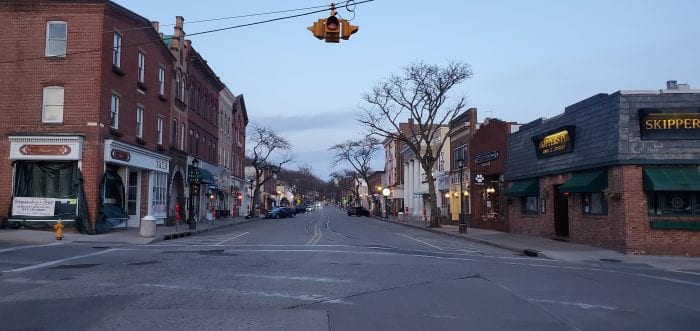


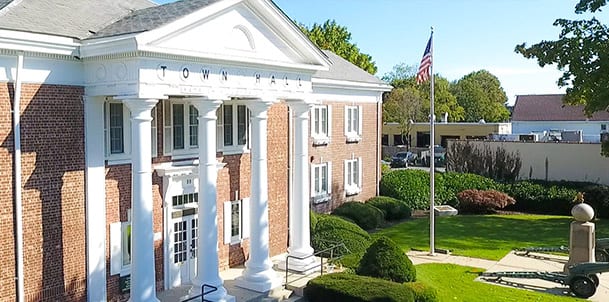
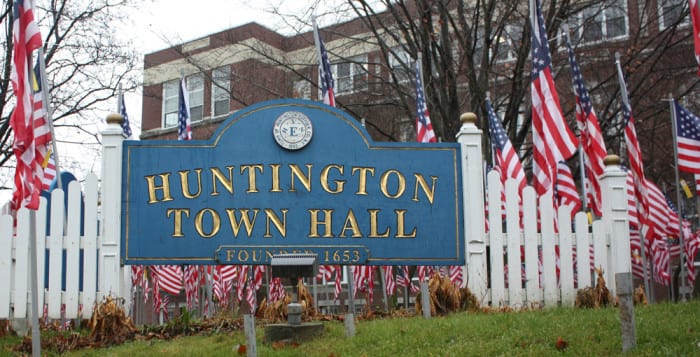
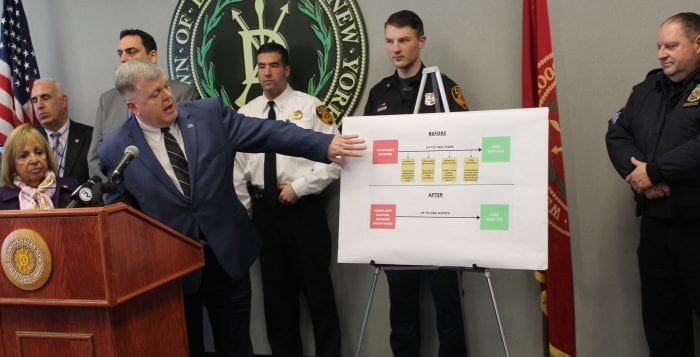

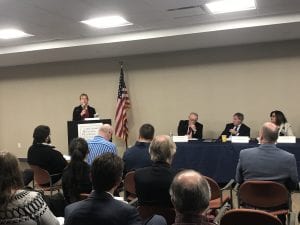
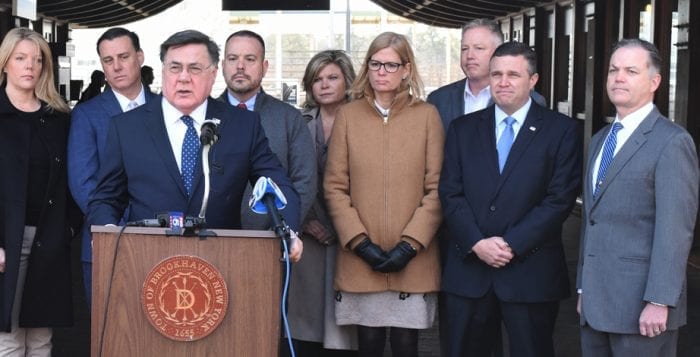

 Blatant discrimination began to give way to steering; black house hunters were shown homes only in minority or integrated areas while whites were shown houses in overwhelmingly white areas. As people of color began to buy homes in mostly white areas, block busting by real estate brokers took advantage of the situation by scaring white homeowners into selling their homes at lowered prices.
Blatant discrimination began to give way to steering; black house hunters were shown homes only in minority or integrated areas while whites were shown houses in overwhelmingly white areas. As people of color began to buy homes in mostly white areas, block busting by real estate brokers took advantage of the situation by scaring white homeowners into selling their homes at lowered prices.


